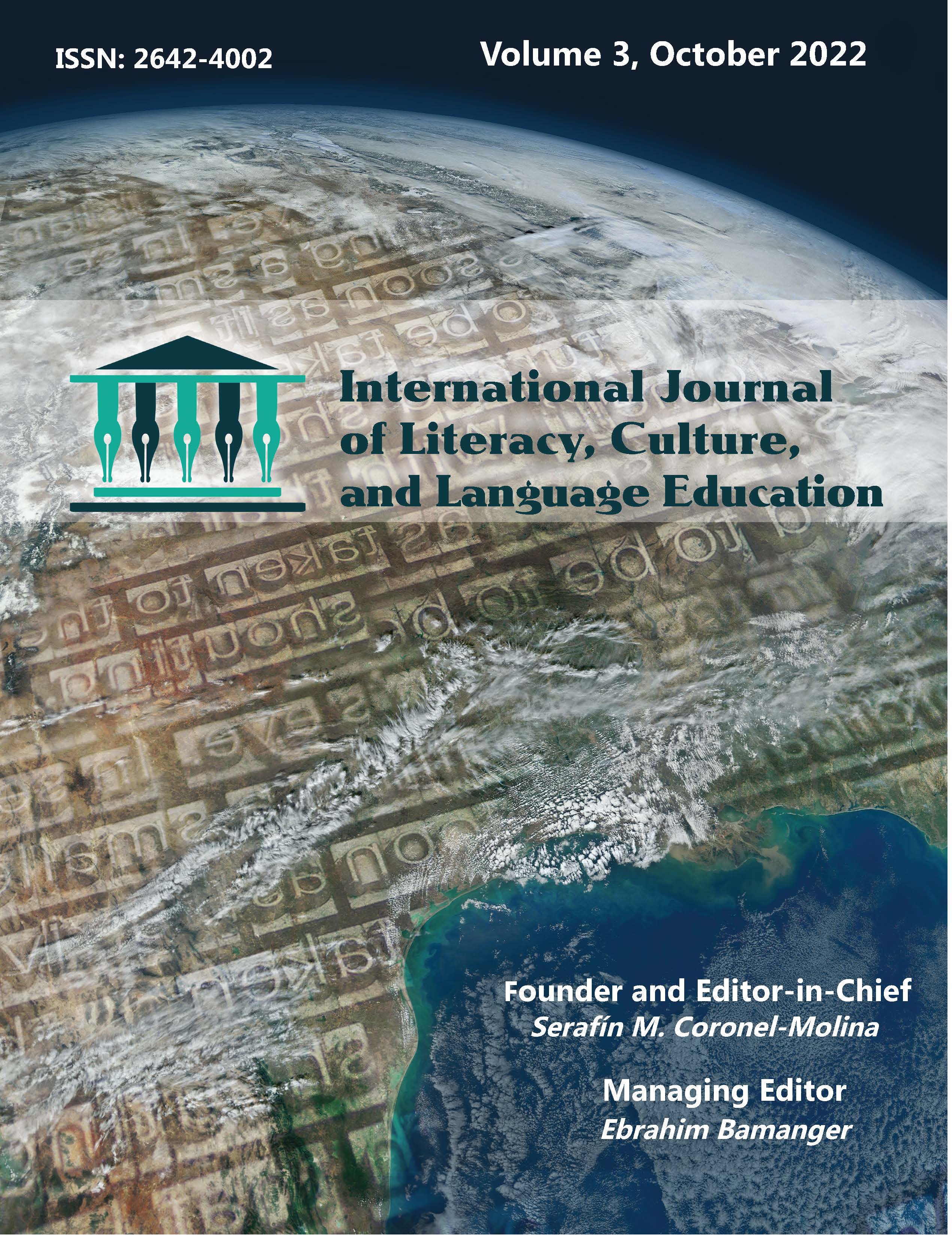Parental Involvement in Children’s Initial Literacy Learning in Primary Schools in Mungwi District, Zambia
Main Article Content
Abstract
Abstract
This study sought to establish what primary schools were doing to ensure that there was parental involvement in children’s literacy learning. A qualitative design methodology was utilized, and data was collected through interviews, document analysis, and focus group discussions. The study found that parental involvement in children’s initial literacy learning in many schools was only achieved through the strategies put in place by some cooperating partners working with the schools such as Read to Succeed, a nongovernmental organization supported by the United States Agency for International Development (USAID). The strategies put in place by these partners enabled teachers and parents to work together so that parents were able to actively get involved in their children’s initial literacy learning. The study recommends that teacher education seriously consider including components on parental involvement in the college literacy syllabus to enhance teachers’ involvement of parents in children’s initial literacy learning in primary schools. The study further recommends that parental involvement in children’s literacy learning should be embedded in the school curriculum to enhance the commitment of teachers and school administrators.
Key Words: parental involvement, initial literacy, learning, primary schools, children
Downloads
Article Details
The International Journal of Literacy, Culture, and Language Education (IJLCLE) (the “Publisher”) and the Author(s) agree as follows:
- Publication and Promotion: In consideration of the Publisher’s agreement to publish the Work, Author hereby grants and assigns to Publisher the non-exclusive right to print, publish, reproduce or distribute the Work throughout the world in all possible formats by any method now known or hereafter developed, including electronic and print formats, and to market or sell the Work or any part of it as Publisher sees fit. Author further grants Publisher the right to use the Author’s name in association with the Work in published form and in advertising and promotional materials.
- Copyright: Copyright of the Work remains in Author’s name.
- Prior Publication and Attribution: Author agrees not to publish the Work in print or electronic form prior to publication of the Work by the Publisher. Author agrees to cite, by author, title and publisher, the original International Journal of Literacy, Culture, and Language Education (IJLCLE) publication when publishing the Work elsewhere.
- Author Representations: The Author represents and warrants that the Work: (a) is the Author’s original Work and that Author has full power to enter into this Agreement; (b) does not infringe the copyright or property of another; (c) is accurate, and that any research or investigation conducted for the purpose of the Work abides by the guidelines and regulations of the Institutional Review Board and/or the Institutional Animal Care and Use Committee; (d) contains no material that obscene, libelous, defamatory or previously published, in who or in part, except when written permission for reprinting is provided from another publisher. Author is responsible for requesting and providing such permission to the Publisher. Author shall indemnify and hold Publisher harmless against loss of expenses arising from breach of any such warranties.
- Licensing and Reuse: Unless another option is selected below, reuse of the published Work will be governed by a Creative Commons Attribution – NonCommercial NonDerivative 4.0 International License (CC BY-NC-ND 4.0; http://creativecommons.org/licenses/by-nc-nd/4.0). This license lets other use contents of the Work without revision, although new works must acknowledge the original International Journal of Literacy, Culture, and Language Education (IJLCLE) publication and be non-commercial; they do not have to be licensed on the same terms.
